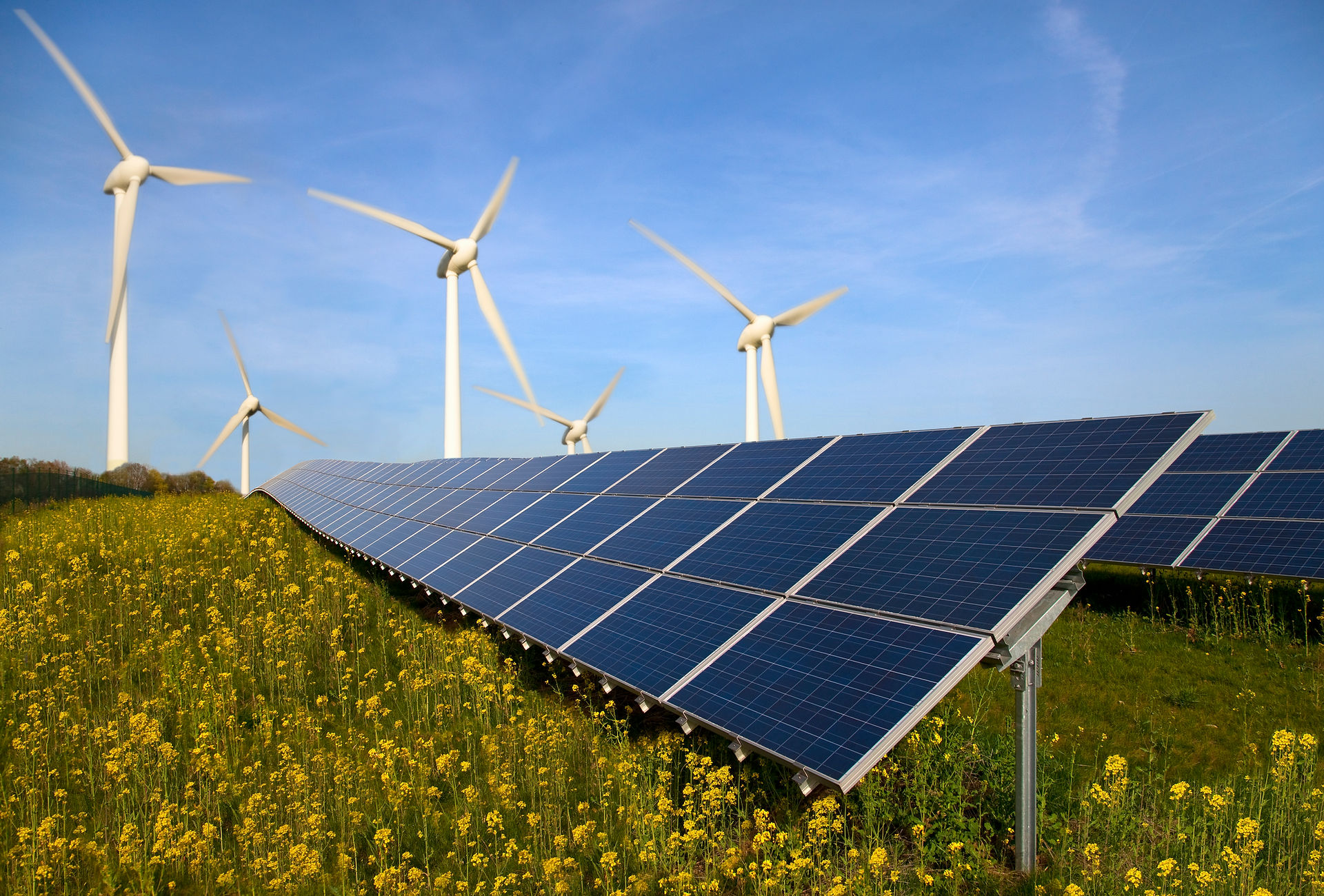NYSEG proposes alternative fix to gas needs in Lansing

Tompkins County Legislator Martha Robertson discusses the proposals NYSEG has made to the New York State Public Service Commission to address energy needs in Lansing. Matt Weinstein / staff photo.
Instead of a $17.8 million pipeline, NYSEG has worked with Tompkins County leaders to propose an alternative
With a proposed $17.8 million natural gas pipeline in development to boost service to existing customers in the Lansing area, officials at NYSEG have agreed to consider an alternative option.
Several Tompkins County legislators and community leaders gathered in the legislature chambers Monday to announce NYSEG has presented the alternative option — building a small compressor station in Lansing — to the New York State Public Service Commission for review. NYSEG has also proposed to solicit creative solutions to reduce current demand for gas and to transition to electric heating systems countywide so the available gas could be targeted for end-users who require the energy qualities of gas.
The proposal of an alternative option was reached through months of conversations between NYSEG and the PSC, initiated by members of the Tompkins County Energy and Economic Development Task Force. In its report last June, the task force identified the proposed West Dryden Road pipeline as a critical issue and recommended working with the PSC to find alternatives that would support economic growth while the county continued to meet its greenhouse gas reduction goals.
Members of the task force included community leaders in economic development, energy-related businesses, environmental groups and local government, Tompkins County Area Development President Michael Stamm said.
“The first two recommendations were to work with the PSC to reduce reliance on gas, and also to provide reliable energy to local industry,” Stamm said in a statement. “The work with NYSEG and PSC provides an exciting opportunity for Tompkins County to once again be a leader in tackling the important challenges of our day.”
The possibility of a pipeline still remains if the proposal is rejected by the PSC review committee. If the proposal is accepted, the small compressor station built in Lansing would be a “compressor-based solution” to meet immediate gas reliability needs in the area, as well as potential longer-term solutions to address new requests for natural gas. The new station would address occasional instances of very low pressure, such as on very cold days.
The words “compressor station” may make people think of the sizable Borger Compressor Station on Ellis Hollow Creek Road in Dryden, but Town of Caroline Councilmember Irene Weiser said the proposed Lansing station would be much smaller.
“This not going to be anything along that scale,” Weiser said. “The Borger station has the ability to put up to 900 (pounds per square inch) into that pipeline. It’s a huge pipeline, it’s a big compressor station.
“What we’re looking at here is a system that has a maximum allowable operating pressure of 60 PSI. It’s going to be a much smaller compressor station.”
Weiser said adding a compressor station on a low-pressure distribution system instead of a high-pressure transmission system is unique, and the first time NYSEG would work with one.
Ed Marx, who is the Tompkins County Commissioner of Planning and Sustainability, notes the Task Force recommendation regarding alternatives to the pipeline “included three criteria — that solutions be ‘economically viable’; that they can be ‘implemented with existing technology’; and that they will ‘meet the energy needs of the high tech industries located along Warren Road … that have been seriously impacted by NYSEG's rejection of applications for additional gas service.’”

